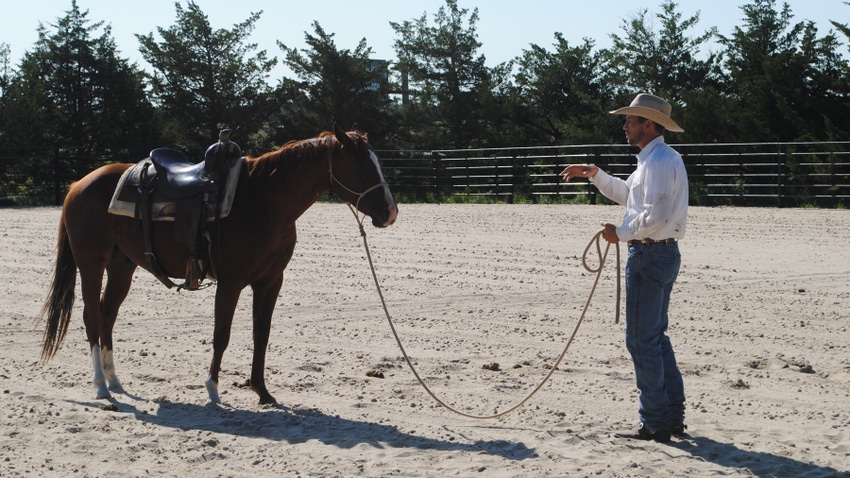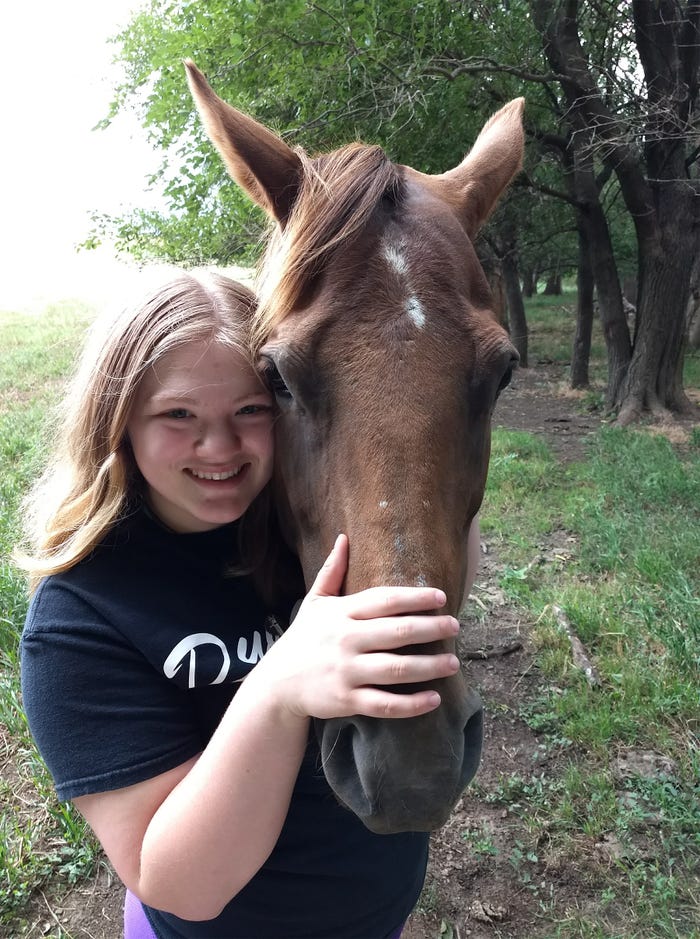
It’s difficult to imagine the changes in agriculture over the past century. For me, it’s hard to believe the changes in technology on the farm over the past decade. For farmers in our community and around the country who are in their 90s, can you even fathom the changes they have seen?
A farmer in his late 80s or 90s living today would have most likely farmed in their youth with horse-drawn equipment, and perhaps kept a stable of work horses on the farm. And today, they can tap their cellphone and start their center pivot from hundreds of miles away. That is quite an evolution of technology to wrap your mind around, and yet they are living witnesses to these amazing innovations.
Farming with horses
My dad, who would be 96 on July 31 if he were still alive, farmed with horses in his younger days. In fact, a team of horses pulling a horse-drawn implement nearly killed him. He was driving the team home from the fields when the horses were spooked by some wild animal along the driveway and fled into a nearby field, with Dad trying to stay in his seat the entire time.
There was no more of that once my grandfather started running tractors. But in spite of that incident, Dad always had a special place for horses in his heart. I inherited that from him. Growing up, we always had a horse and a pony on the farm.
One Appaloosa gelding named Jack was purchased from a neighbor when he was 8 years old. I recall Dad asking our neighbor if Jack was frightened by water and if he would cross a creek, because we were grazing our cow-calf herd along Bow Creek and we needed a horse to help us move them to and from pasture. Our neighbor said plainly, “As long as you can hang on, he will go anywhere.” That was the truth.
In my high school years, Jack was my companion. I was the one in the family who rode this spirited horse up and down the hills when we were driving cattle. In the winter, I rode him bareback to check cattle grazing cornstalks. Jack was fearless and had a little temper when it came to sorting and moving cattle, but he would run across Bow Creek waters without skipping a beat.
Serving a purpose
These days, we still have a couple of those critters that most of my neighbors would call “hay burners” around our farm. One is an old Shetland pony named Squirt, and my favorite is a nearly 30-year-old Quarter Horse named Dancer.
When she first arrived on our farm, we rode Dancer regularly, and she exhibited a knack for working cattle and had the same temper as Jack when calves wouldn’t cooperate. However, a nagging shoulder injury has permanently kept her from the saddle, so she is now what some horse enthusiasts might call a “pasture ornament.”
That said, she is in good health, has a wonderful temperament and has a place in the hearts of our family members, particularly our youngest daughter, Taylor.

BUDDIES: Our youngest daughter, Taylor, is pictured with our old Quarter Horse, Dancer.
Folks who ranch with horses every day know the importance they still hold in the operation. There are places horses can go on the ranch that vehicles cannot. And there is something about spending a day in the saddle, besides being a little saddle sore, that brings you a little closer to your livestock and the land.
We may not farm with horses, as technology continues to evolve. However, horses still have a place on the farm and ranch, especially in cattle country, and they continue to serve as crucial companions to help to get the job done.
To learn more about equine management on the farm, watch for monthly online articles written by my colleague, Dakota Farmer editor Sarah McNaughton, and I, covering a variety of health and management topics for any horse owner.
Comments or questions? Drop me an email at [email protected].
Read more about:
HorsesAbout the Author(s)
You May Also Like






